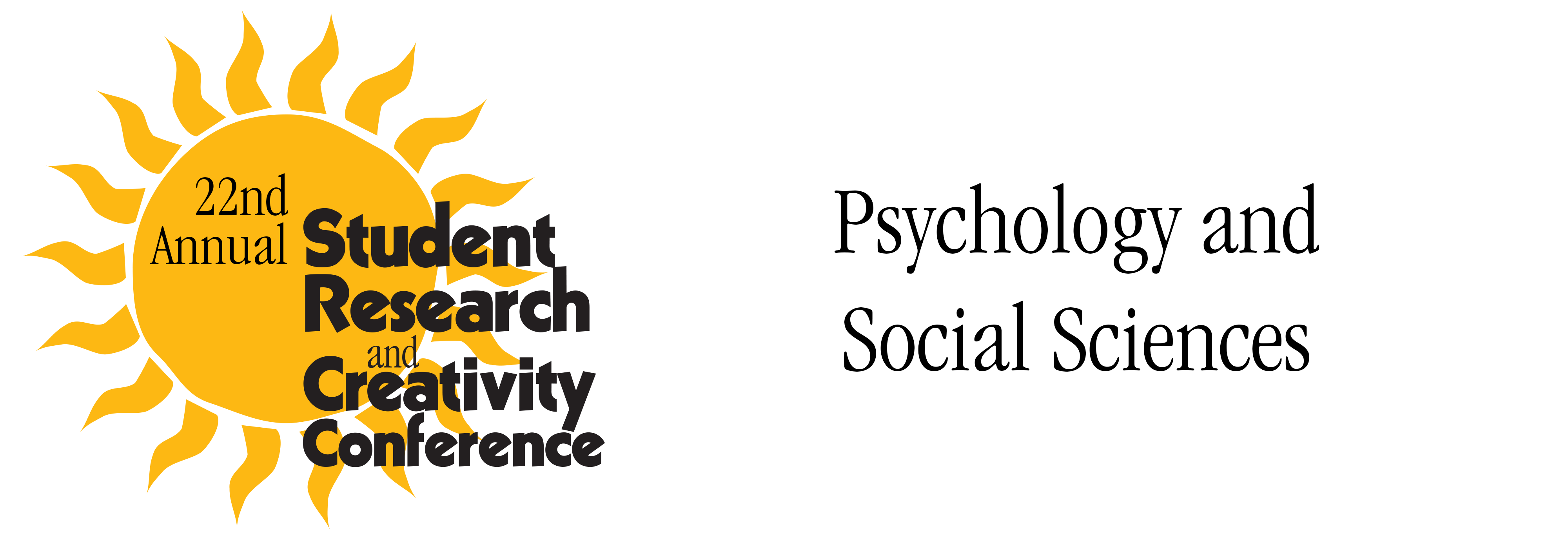
Files
Download Full Text (659 KB)
Description
Erika Burgasser, PSY 495: Special Project
Faculty Mentor: Professor Kimberly Kamper-DeMarco, Psychology
Temperament is an important variable that is continuously researched and associated with both positive and negative pathways of development and is thought to continue into adulthood. Temperament has been found to be made up of different factors such as, effortful control, extraversion, sensitivity, and negative affect (Davis et al., 2018). These factors are examined and measured in the Adult Temperament Questionnaire (ATQ; Derryberry & Rothbart, 1988) and the focus of the current study. However, rarely have researchers examined how these factors differentially relate to the forms of aggression. Aggression can be comprised of both relational and physical forms in which there is harm imposed. Relational aggression is when harm is being inflicted on the given relationship (i.e. removal of the relationship). While physical aggression is the physical acts of harm (i.e. kicking, hitting, biting, punching, etc.). Both have been adverse effects on the overall well-being of college students (McCormick et al., 2015). We hypothesize that individuals who use relational aggression may have an easier temperament, meaning that those with an easy temperament are more flexible and can adjust quickly, while those who use physical aggression may have a more difficult temperament. In the current study, college students will complete online questionnaires assessing temperament using the ATQ (Derryberry & Rothbart, 1988) and aggressive behavior using the Self-Report of Aggression and Social Behavior Measure (SRASBM; Linder et al., 2002). Data collection is currently ongoing. Analyses will examine correlations and regression analyses regarding study variables.
Publication Date
2020
Recommended Citation
Burgasser, Erika, "The Association between Temperament and Aggression in College Students" (2020). Psychology and Social Sciences. 22nd Annual Student Research and Creativity Conference. SUNY Buffalo State.
https://digitalcommons.buffalostate.edu/srcc-sp20-psychsocsci/9



